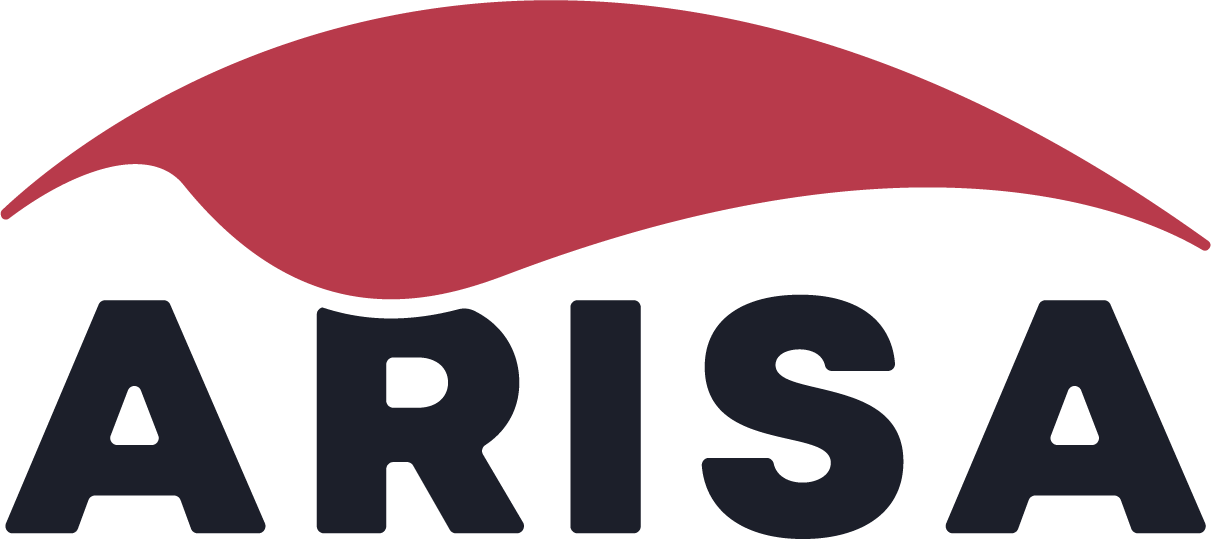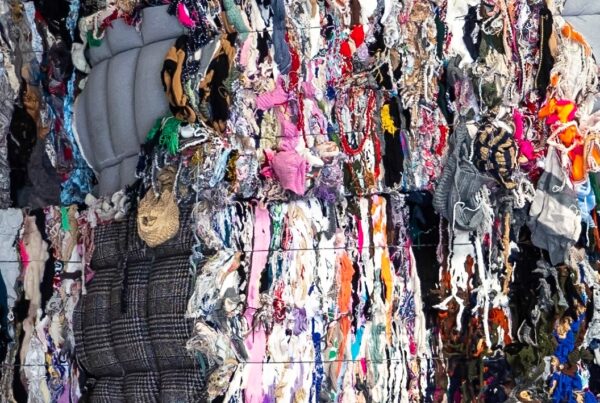Last November, India became one of the first countries to undergo its fourth cycle Universal Periodic Review (UPR) cycle at the United Nations Human Rights Council (UNHRC) in Geneva. The UPR is a unique mechanism in which the human rights situation in each member state is reviewed every 4-5 years. Besides a report prepared by the government, civil society organisations are also invited to present their reports and input. This year, India received nearly 100 contributions on human rights concerns that originated from civil society stakeholder reports. Arisa contributed to a policy paper as part of the International Dalit Solidarity Network.
The contribution from Arisa and IDSN to the UPR process focuses on the position of the Scheduled Caste (Dalit) population in India. The discrimination of Dalit women, the violation of specific Dalit rights, the lack of access to safe water and sanitary services, and deplorable working conditions, are accompanied by twenty-two specific recommendations for improvement. In the run-up to the UPR sessions in Geneva, Arisa also provided additional information on the situation of Dalits in India to the Dutch government delegation attending the meeting on the situation of Dalits in India.
In its reaction to some of the issues, India acted somewhat defensively
The recommendations most frequently mentioned by civil society and Human Rights Council members were related to gender-based violence and empowerment of women, child labour, fighting poverty and ensuring rights to vulnerable groups. In its reaction to some of the issues, India acted somewhat defensively. Concerning the difficult position of Human Rights Defenders, India said it appreciates its role of keeping the society open pluralistic and inclusive but that activities of the Human Right Defenders should conform to the law of India.
Concerning the Foreign Contribution Regulation Act (FCRA), the basic framework that regulates funding from abroad for NGOs, India expressed that the country is home to over 100,000 vibrant, proactive and independent civil society organisations and NGOs. It stressed that the legal provisions of the Act are similar to regulations in other democratic countries. Regarding questions about freedom of expression and opinion, India answered that the constitution guarantees the fundamental right to freedom of speech and expression but is subject to restrictions to protect the national and public interest. It is clear that the Indian government does not appreciate criticism on the human rights situation in the country.
It is clear that democracy is under pressure and that many minority groups are facing violence and hate crimes.
The UN Human Rights Council will prepare an outcome report that will be published at the beginning of 2023. Based on that report Arisa will prepare further activities to advocate for Dalit rights and other human rights in India.
Just after the meeting of the UPR working group in Geneva, the Dutch Permanent Parliamentary Commission on Foreign Affairs organised a round table meeting in India, on November 16. The meeting focused mainly on Dutch – Indian relations and the geopolitical importance of India for the Netherlands and the European Union. Arisa also provided a policy letter to the roundtable. It explained the dangers of the shrinking civic space in India, which also impact the possibility to have a meaningful dialogue and warrants human rights due diligence for responsible business conduct. Arisa also highlighted the importance of including human rights topics in the EU – India negotiations for a trade agreement with India.
During the roundtable, several parliamentarians expressed the importance of raising human rights issues in bilateral conversations between the Netherlands and India. It is clear that democracy is under pressure and that many minority groups are facing violence and hate crimes. The Netherlands cannot be naïve about this.
More efforts are needed to stress once again that human rights are not a concluding add-on to trade and business, but an essential first requirement
In both events, several human rights issues in India were mentioned, and specific recommendations were given to the Indian and the Dutch government to address these among others in bilateral contacts and agreements. It was good to see that many civil society organisations provided input for the UPR and that the Dutch parliament also showed interest in the human rights situation. For Arisa, it is clear that more efforts are needed to stress once again that human rights are not a concluding add-on to trade and business, but an essential first requirement when we talk business and discuss trade relations with India. In the coming year, we will continue our advocacy towards the Dutch government to take a firm stand on this.


